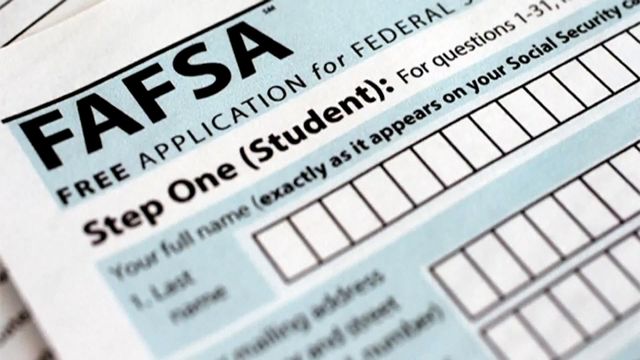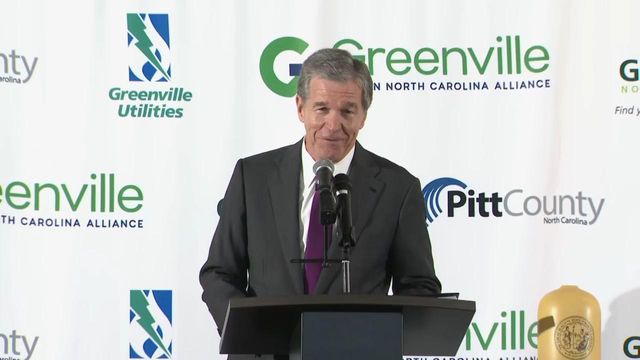College decisions delayed while financial aid sits in limbo amid FAFSA fiasco
For many high schoolers, college decisions have been halted as they don’t know how much financial aid they’ll be receiving.
It’s a big deal for thousands of students. About 8 out of every 10 college students in the state receive some sort of federal financial assistance, data shows.
Lisa Raschke's daughter, Hailey, is among them. Hailey is an Enloe Magnet High School senior, hoping to pursue a career in forensic psychology. She has short-listed VCU, James Madison and the University of Cincinnati.
"She's hoping to spread her wings," said Raschke about her daughter's next academic move.
But she doesn’t know where she’ll be heading in the fall because like every other high school senior, she’s waiting to find out how much financial aid she’ll receive. It’s linked to FAFSA delays. As of beginning of the month, 29 percent of high school seniors in the state submitted an application for aid, according to data. That's identical to the national average.
"A lot of people really need to know the financials before they make a choice," Raschke said.
Their family went through the process two years ago when Hailey's older brother was choosing a school. While they were warned of the glitches due to a much-needed, long overdue update, they noted they were obvious in the process.
"We just started doing section by section by section and it took a tremendous amount of time," Raschke said. She urged people to save the form after every change to it. "Even typing your name. Save."
The waiting process is creating a lot of stress as it's unclear what Hailey's aid package looks like.
"We don't even have a concept of what she might be offered," the mom of two said.
And the majority of the students here - 83% - receive some sort of assistance from the government to attend college, federal education shows. On average, students attending schools in North Carolina receive about $12,500 in financial aid.
"The number one barrier for students to attend college is cost," said Kathy Hastings, the outreach director for the North Carolina State Education Assistance Authority. "We want to make sure every student applies at least once using the FAFSA because it unlocks access to financial aid at the federal, the state and the college level."
Aside from being glitchy, the new site was also delayed. The application did not open until January when it usually goes live in October. Usually news about aid packages roll out by now but it’s likely they won’t know how much funding they’re receiving until April.
Students normally need to lock in their enrollment by May 1st. Both UNC and NC State told us they’re not planning on extending their deadline but, due to the funding delay, some schools nationwide are pushing that back to June.
"It's like, this is the moment you've been waiting for and I keep saying 'just hold on, just hold on,' but to me is awful," said Raschke. "I know many people do because the school you choose we based on how much money is being offered to you."
Five FAFSA resources
- Visit an SECU branch: State Employees’ Credit Union (SECU) members can visit a SECU branch office for FAFSA help through the end of March. No appointment is necessary.
- Find a financial aid professional in your area: Families can use an interactive map to find nearby college and university financial aid professionals to guide them through the FAFSA process. Families should also check their local community college for nearby FAFSA help events.
- Check out the College Foundation North Carolina's FAFSA video resources: Families should visit the CFNC YouTube channel for guidance on everything from how to fill out the FAFSA to what to expect after submitting the application, including a step-by-step video.
- Find support at your high school: Check with your school counselor to see what FAFSA help is available. Many schools have College Advising Corps advisors or NC Career Coaches that can assist with college-going step,s including the FAFSA and financial aid. Additionally, GEAR Up Success Coaches partner with select NC school districts and can help with FAFSA completion. See if your school is eligible here.
- Speak to an expert from federal student aid: For live chat, phone or email support with the FAFSA, get in touch with the Federal Student Aid Information Center (FSAIC).











